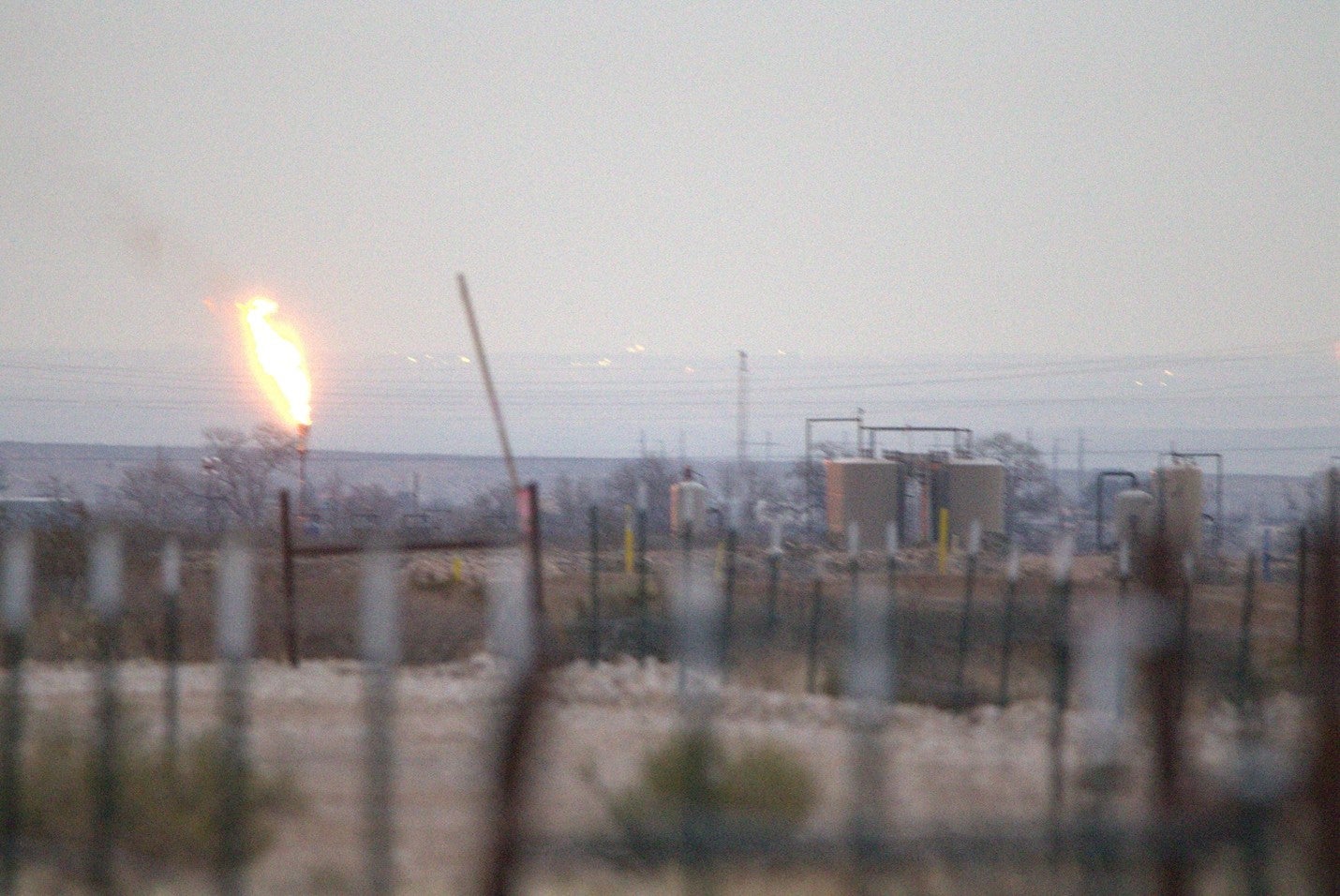Don’t Be Fooled By Recent Lows: The Texas Energy Crunch Is Still A Big Issue
 This past month, we experienced refreshing, cool and somewhat wet weather in Texas. However, those working on energy issues know all too well that this weather change doesn’t mean we have escaped the worst of the “energy crunch.” As the farmers say: “If you don’t like the weather in Texas, wait ten minutes and it will change.” Despite cooler temperatures, an unplanned power plant outage during a warm day late last month forced the Electric Reliability Council of Texas (ERCOT) to issue an advisory, demonstrating just how quickly things can change.
This past month, we experienced refreshing, cool and somewhat wet weather in Texas. However, those working on energy issues know all too well that this weather change doesn’t mean we have escaped the worst of the “energy crunch.” As the farmers say: “If you don’t like the weather in Texas, wait ten minutes and it will change.” Despite cooler temperatures, an unplanned power plant outage during a warm day late last month forced the Electric Reliability Council of Texas (ERCOT) to issue an advisory, demonstrating just how quickly things can change.
At the same time, recent ERCOT reports indicate that reserves will be tight this summer due to an anticipated record level of high energy demand and stunted growth in new electricity resources – thus making conservation notices likely and rolling outages probable. All of this points to the important role conservation programs, like demand response, can play for ERCOT. Some ERCOT staff and stakeholders have recognized the importance of demand response, which allow customers to voluntarily reduce electricity use in response to a signal from utilities. Others have called explicitly for programs that pay customers for reducing energy the same way generators are paid for producing energy, an approach EDF has advocated for several years.
ERCOT and a few retail electric providers already have conservation programs, albeit limited, in pilot phases that compensate customers for their participation. But in comparison to other regions, Texas lags far behind other states – despite having the highest potential for conservation and clean energy resources in the U.S. That’s why the three remaining weeks of the legislative session are so important: two critical pieces of legislation that would open up demand response in Texas to meet our electricity reliability goals and drive further market competition are under review.
Senate Bill (SB) 1351 from Senate Business & Commerce Chairman John Carona would require ERCOT to allow customers to participate in all competitive energy markets; the bill passed the Senate earlier this week and is now on its way to the House of Representatives. SB 1351 is an excellent piece of legislation to propel demand response in Texas, but alone it is not enough to ensure Texas can keep the lights on during the hottest summer days. A separate bill from Senator Kirk Watson, Senate Bill (SB) 1280, would accomplish just that by requiring ERCOT to secure enough demand response to meet its reliability needs if existing resources fall short; the bill passed unanimously out of the Senate Business & Commerce committee.
These bills will make all the difference this summer and for many summers to come. The Texas Legislature has the opportunity to ensure that ERCOT and the Public Utility Commission (PUC) have all the necessary tools to avoid rolling blackouts over the next several years as we wait for new energy resources to come online.
The PUC has asked ERCOT to move forward on several issues. However, many of these suggestions, such as raising electricity price caps or establishing an administrative price curve, won’t do much to improve the energy reliability outlook. There has been a great deal of talk about demand response at ERCOT and the PUC, but not a lot of progress with the exception of a few small pilots.
For example, earlier this week ERCOT stakeholders (mostly power producers) chose to table a simple proposal that would improve the Emergency Response Service (ERS) – one of ERCOT’s limited demand response programs. This proposal would have created a more efficient bidding system, one closer in line with emergency demand response programs in other regions. In fact, such a system has been supported by many market participants since the ERS’ inception in 2006. However, the subcommittee that oversees these issues, populated mostly by power generation and sales companies, decided more discussion and analysis were needed. This is in large part due to current officials controlling the stakeholder process and deterring competition from new resources, such as demand response.
Currently, only large, centralized energy suppliers can truly participate in the Texas energy market; an approach that is neither balanced nor efficient. We need action from the legislature and the PUC now more than ever to open up the market to demand response. Because it opens up the market to customers by giving them the choice to save money by responding to price signals from ERCOT, demand response allows Texans to play an active role in creating a reliable electric grid. If we want to see a balanced and competitive market in Texas, the legislature and the PUC need to take the lead and make demand response a priority. Meanwhile, ERCOT stakeholders should learn a lesson from The King: “a little less conversation, a little more action, please.”












One Comment
In my former state of New Jersey, whenever there was heavy electrical demand you can be sure there will be a rolling blackout somewhere in the state. It’s just the way it is but with a state as large as Texas, I can understand why they don’t have a better electrical grid that will take into account power drain on unusually hot days… like from early June through mid-September!